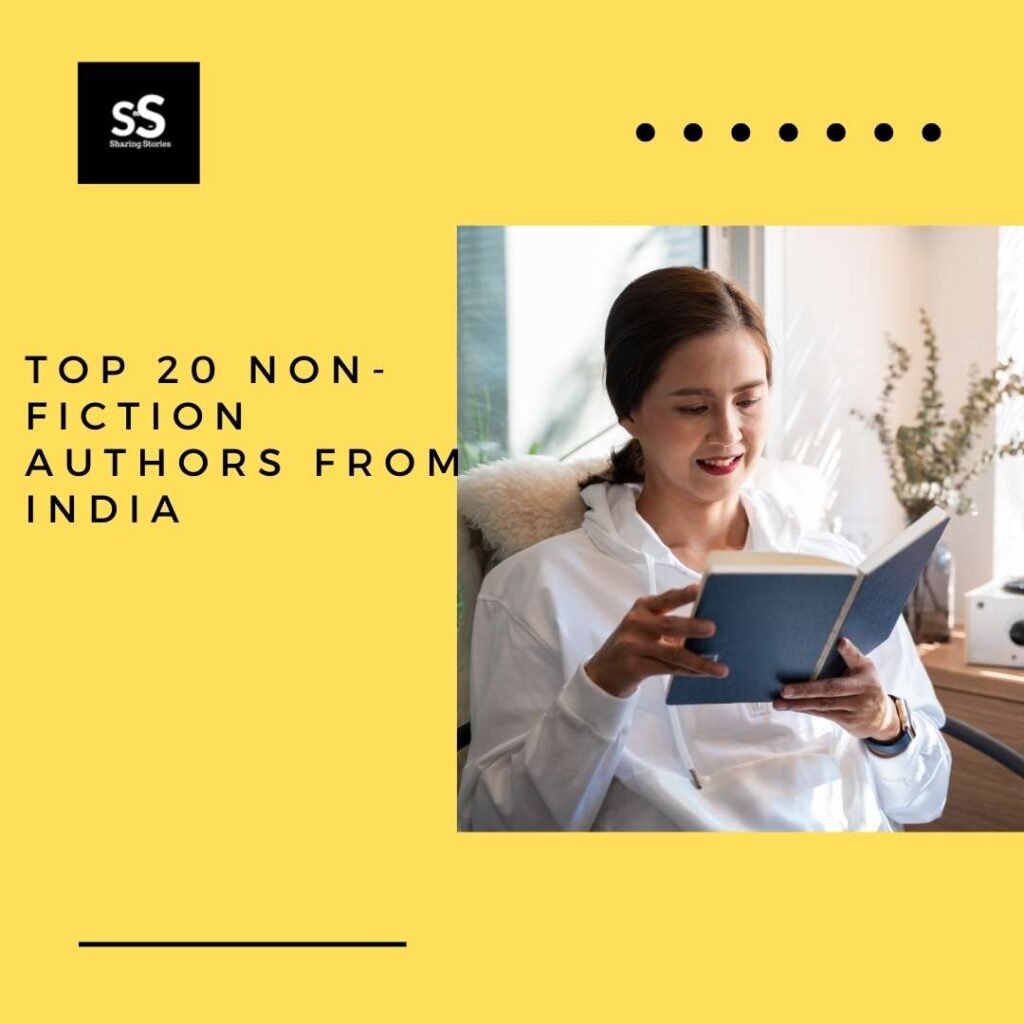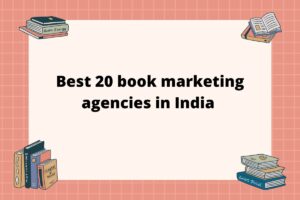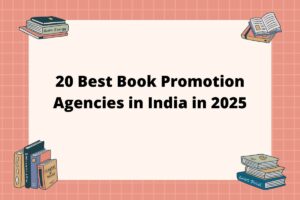Best non fiction books of all time!
Non-fiction books provide readers with insights into real-world events, ideas, and experiences. They can educate, inform, and inspire. This blog post will explore the best 100 non-fiction books across various genres, offering a brief summary and context for each selection.
Understanding Non-Fiction Genres
Before diving into the list, it’s essential to understand the different categories of non-fiction. These genres often overlap but can be broadly classified as follows:
- Memoirs and Autobiographies: Personal accounts of individuals’ lives.
- Self-Help: Books designed to improve personal development and well-being.
- History: Works that explore historical events and figures.
- Science and Nature: Books that delve into scientific discoveries and natural phenomena.
- Business and Economics: Insights into the world of finance, entrepreneurship, and economics.
- Politics and Current Affairs: Analyses of political systems, movements, and contemporary issues.
The List of Best Non-Fiction Books
Here’s a curated list of the best 100 non-fiction books that have made significant impacts on readers and society:
- Sapiens: A Brief History of Humankind by Yuval Noah Harari
Explores the history of humankind from the Stone Age to the modern age. - Educated by Tara Westover
A memoir about a woman who grows up in a strict and abusive household in rural Idaho but eventually escapes to learn about the wider world through education. - The Diary of a Young Girl by Anne Frank
The poignant diary of a Jewish girl hiding during World War II. - Becoming by Michelle Obama
The former First Lady shares her life story, from her childhood to her time in the White House. - The Immortal Life of Henrietta Lacks by Rebecca Skloot
Chronicles the life of Henrietta Lacks and her immortal cell line, HeLa. - Born a Crime: Stories from a South African Childhood by Trevor Noah
A humorous memoir detailing Noah’s experiences growing up in apartheid South Africa. - The Wright Brothers by David McCullough
A biography that tells the story of the brothers who invented the airplane. - The Tipping Point: How Little Things Can Make a Big Difference by Malcolm Gladwell
Examines how small actions can lead to significant changes in society. - Outliers: The Story of Success by Malcolm Gladwell
Investigates what makes high-achievers different. - Quiet: The Power of Introverts in a World That Can’t Stop Talking by Susan Cain
Discusses the undervalued strengths of introverts. - Freakonomics: A Rogue Economist Explores the Hidden Side of Everything by Steven D. Levitt and Stephen J. Dubner
Analyzes economic theory through unconventional questions. - Thinking, Fast and Slow by Daniel Kahneman
Explores how our minds work, focusing on two systems of thought. - The Body Keeps the Score: Brain, Mind, and Body in the Healing of Trauma by Bessel van der Kolk
Discusses how trauma affects both mental and physical health. - Just Mercy: A Story of Justice and Redemption by Bryan Stevenson
Chronicles Stevenson’s efforts to defend those most desperate and in need. - A Brief History of Time by Stephen Hawking
An exploration of cosmology for general readers. - The Power of Habit: Why We Do What We Do in Life and Business by Charles Duhigg
Investigates the science behind habits and how they can be changed. - Man’s Search for Meaning by Viktor E. Frankl
A Holocaust survivor’s reflections on finding meaning in suffering. - The New Jim Crow: Mass Incarceration in the Age of Colorblindness by Michelle Alexander
Examines racial discrimination within the American criminal justice system. - Bad Blood: Secrets and Lies in a Silicon Valley Startup by John Carreyrou
Investigates the rise and fall of Theranos, a health technology company. - Why We Sleep: Unlocking the Power of Sleep and Dreams by Matthew Walker
Explores sleep’s critical role in our lives. -
On Writing: A Memoir of the Craft by Stephen King
Part memoir, part master class, King offers insights into his writing process and the importance of storytelling.
-
66. The Art of War by Sun Tzu
A classic text on strategy and tactics that has influenced both military and business leaders.
-
The Power of Now: A Guide to Spiritual Enlightenment by Eckhart Tolle
Focuses on mindfulness and living in the present moment as a path to personal growth.
-
The Happiness Project by Gretchen Rubin
Chronicles Rubin’s year-long experiment to increase her happiness through various strategies.
-
The History of Time by Stephen Hawking
An exploration of cosmology that makes complex scientific concepts accessible to general readers.
-
How to Win Friends and Influence People by Dale Carnegie
A timeless guide on interpersonal skills and effective communication.
-
Blink: The Power of Thinking Without Thinking by Malcolm Gladwell
Explores the subconscious processes that influence our decisions and judgments.
-
The Immortal Life of Henrietta Lacks by Rebecca Skloot
Explores the intersection of ethics, race, and medical research through the story of Henrietta Lacks.
-
Educated: A Memoir by Tara Westover
A powerful story about a woman who grows up in a strict household in rural Idaho but eventually pursues education against all odds.
-
The Power Broker: Robert Moses and the Fall of New York by Robert A. Caro
An exhaustive biography examining how Robert Moses shaped modern New York City through his ambitious urban planning projects.
FAQs about the Best Non-Fiction Books
1. What are non-fiction books?
Non-fiction books are works that present factual information, real events, and actual people. They aim to inform, educate, or provide insights into various subjects, including history, science, self-help, biographies, and more.
2. What are some of the best non-fiction books of all time?
Some highly regarded non-fiction books include:
- “Sapiens: A Brief History of Humankind” by Yuval Noah Harari
- “Educated” by Tara Westover
- “The Immortal Life of Henrietta Lacks” by Rebecca Skloot
- “Guns, Germs, and Steel” by Jared Diamond
- “Thinking, Fast and Slow” by Daniel Kahneman
3. How do I choose a non-fiction book to read?
Consider your interests and what you hope to gain from reading. You might want to explore:
- Biographies for personal stories.
- Self-help for personal development.
- History for insights into past events.
- Science for understanding complex concepts.
Reading reviews or summaries can also help you decide.
4. Are there specific categories of non-fiction books?
Yes! Non-fiction can be categorized into various genres, including:
- Biographies and memoirs
- Self-help and personal development
- History
- Science and nature
- Business and economics
- Politics and current affairs
5. What is the significance of reading non-fiction?
Reading non-fiction helps expand knowledge, improve critical thinking skills, and gain insights into real-world issues. It can also inspire personal growth and provide practical advice for everyday life.
6. Can you recommend some recent notable non-fiction books?
Certainly! Some recent notable titles include:
- “Stillness is the Key” by Ryan Holiday
- “Ultralearning” by Scott Young
These books offer fresh perspectives on personal development and learning strategies.
7. What are some popular non-fiction books among readers?
Popular non-fiction titles include:
- “The Power of Habit” by Charles Duhigg
- “Born a Crime” by Trevor Noah
- “A Walk in the Woods” by Bill Bryson
8. How can I find more recommendations for non-fiction books?
You can explore book recommendation websites like Goodreads or check curated lists from reputable sources such as literary blogs or book review platforms. Social media platforms like Reddit also have communities dedicated to book suggestions.
9. Are there any non-fiction books that are particularly engaging or entertaining?
Yes! Many non-fiction books are written in a narrative style that makes them engaging. Titles like:
- “The Devil in the White City” by Erik Larson
- “Into Thin Air” by Jon Krakauer
These combine factual storytelling with compelling narratives.
10. Where can I purchase or borrow non-fiction books?
You can purchase non-fiction books at local bookstores, online retailers like Amazon or Barnes & Noble, or borrow them from public libraries. Many libraries also offer eBook lending services.
Conclusion
This list is just a starting point for exploring some of the most influential non-fiction books available today. Each title offers unique insights into human experiences, societal structures, or personal growth strategies that resonate with readers across generations.
Discover marketing services, interviews & publishing tools at SharingStories.




